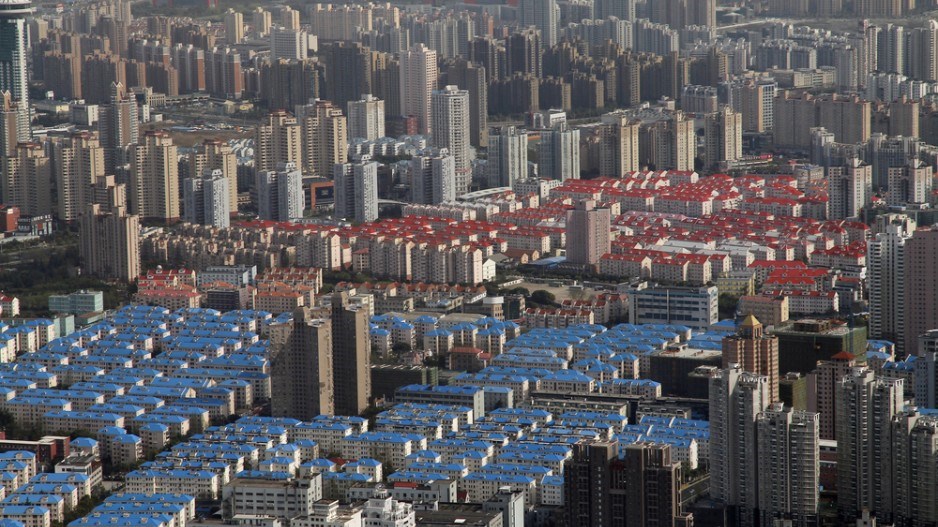Chinese property developers have seen their financing channels, both onshore and offshore, dry up over the past month.
While domestic bond sales by property companies have been called off by the government to curb the overheated real estate market, foreign investors are stepping back from developers’ dollar bonds after Donald Trump’s shock win in the US presidential elections.
Last week, Country Garden, one of the country’s largest developers, dropped its offering for a 10-year dollar-denominated bond altogether, with a coupon rate around 5.625 per cent, due to lacklustre investor demand.
“It was bad timing,” said Witter Zhong, Country Garden’s investor relations officer.
It had issued a seven-year US$650 million bond in September, with a 4.75 per cent coupon.
Yields on global bonds, including US Treasury notes, have risen sharply in the past fortnight amid a panic selling, as investors priced in an acceleration in inflation after Trump’s triumph.
Investors are now treating high-yield bonds very cautiously and are increasingly selective, while chasing much higher yield, said Tony Chen, credit analyst at Nomura Holdings in Hong Kong.
The Chinese property sector has been the largest source of junk bonds in Asia.
“The Country Garden case is a turning point,” Chen said. “Demand for offshore issuance is surging, but many have failed.”
Hong Kong-listed mainland developers have been shifting their focus from offshore to onshore borrowing since late last year, when the Chinese authorities reopened the domestic bond market to developers to provide them with ample liquidity.
But they are returning as the domestic market worsens. Bond issuance applications have been practically frozen after reports said the authorities, including the National Development and Reform Commission Shanghai Stock Exchange, had tightened bond issuance requirements last month.
The Chinese government has an urgency to crack down on home prices, and the measures have to be tough
Alan Jin, a property analyst at Mizuho Securities
Domestic bonds sold by Chinese developers so far this month have tumbled to US$715 million by deal value, or 5 by deal numbers, compared to US$7.2 billion, and 38 deals in October.
During the March-September period, every month’s deal volume has surpassed US$10 billion, according to data provider Dealogic.
“The Chinese government has an urgency to crack down on home prices, and the measures have to be tough,” said Alan Jin, a property analyst at Mizuho Securities.
Developers still have cash in hand after enjoying a year of strong sales and a loosened credit environment – but they are gradually turning to offshore funding that will push up yields, Jin said.
“We are pretty negative over the sector’s outlook.”
As well as surging dollar bond yields, the rapid depreciation of the yuan against the dollar has cast a further shadow over Chinese developers, as they generate their revenue in yuan.
Nomura’s Chen said for some smaller developers with tighter capital chains, exchange losses cannot be taken into account.
He added that many developers have needed to refinance their outstanding dollar bonds.
However, Chinese regulators have implemented stricter controls on capital outflow, and now they have to issue new debt, to repay the existing debts.
According TF Securities, Chinese developers currently have 197 dollar bonds outstanding, worth a total issuance value of US$85.1 billion.
Chen said domestic bond sales are unlikely to be restarted before year-end, and the demand for offshore issuance will accelerate.
But, investors and developers still need to wait until the market stabilises so that they can reach a price that both satisfied, he said.




